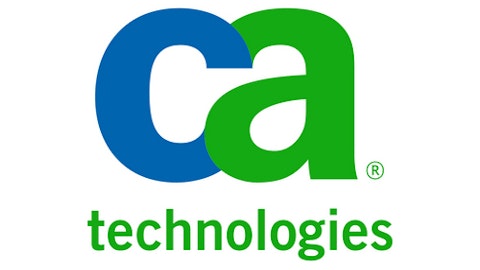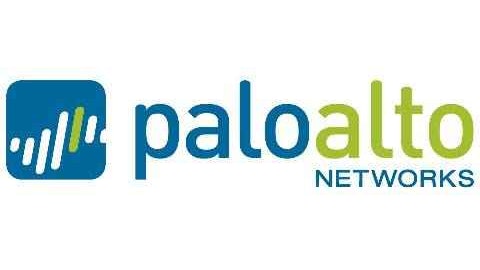In the past month, the budget tablet segment experienced a new round of price cuts by major manufacturers. Barnes & Noble, Inc. (NYSE:BKS) initiated this new price war as the company dramatically slashed the prices of its soon-to-be-discontinued Nook HD and Nook HD+ tablets to clear inventory. Other vendors such as Amazon.com, Inc. (NASDAQ:AMZN) and Hewlett-Packard Company (NYSE:HPQ) have followed suit with more modest price reductions.
Margins are already very thin for tablets, with the exception of Apple Inc. (NASDAQ:AAPL)‘s iPad. The most recent round of price cuts could mean that the vendors are selling these tablets at a loss to gain market share.
At some point, investors could reasonably wonder whether there is any point to competing in this market. The non-Apple tablet market has already become fully commoditized, with relatively unknown Chinese vendors offering tablets with specifications equal to the top Android tablets at very low price points. There may be strategic reasons for major American tech companies to keep selling budget Android tablets. However, as an investor, I’m skeptical about the benefits of this strategy in light of the difficulty of merely breaking even in the low-cost tablet market.
A new price war
Around Father’s Day, Barnes & Noble, Inc. (NYSE:BKS) initiated massive price cuts for its Nook HD and Nook HD+ tablets. The Nook HD price dropped from $199 to $129, while the Nook HD+ price dropped from $269 all the way to $149. While this is theoretically a “limited-time offer,” it’s been running for more than three weeks now.

Barnes & Noble’s Nook HD tablet. Source: Barnes & Noble.
Moreover, when Barnes & Noble, Inc. (NYSE:BKS) reported quarterly and annual earnings late last month, the company announced that it was planning to phase out Nook tablets. Instead, the company will focus on producing its own e-readers and partnering with other companies for tablets. Clearly, management realized that it was impossible to sell tablets at a profit in the crowded Android market, and apparently the company wasn’t selling enough incremental content to justify the Nook division’s notable hardware losses.
With Barnes & Noble, Inc. (NYSE:BKS) significantly undercutting other vendors’ prices, competitors eventually felt compelled to respond. Amazon.com, Inc. (NASDAQ:AMZN) cut the price of its Kindle Fire HD 7-inch tablet from $199 to $169, while Hewlett-Packard Company (NYSE:HPQ) lowered the price of its recently released Slate 7 (its first major push into the Android tablet market) from $169 to $139.
Losing money
Research firm IHS iSuppli estimated last November that the Kindle Fire HD cost approximately $174 to manufacture. That estimate includes the costs of manufacturing, but not any software/licensing costs or logistics costs (i.e., getting the tablet from the factory in Asia into your hands). Based on that cost estimate, it seemed plausible that Amazon.com, Inc. (NASDAQ:AMZN) was breaking even on the Kindle Fire HD hardware.
Component prices tend to decrease over time, meaning that Amazon.com, Inc. (NASDAQ:AMZN)’s manufacturing cost is probably a little less than $174 today. Still, it’s unlikely that costs have declined so far in eight months that Amazon.com, Inc. (NASDAQ:AMZN) could break even at a $169 price point.
By extension, while HP’s Slate 7 uses cheaper components than the Kindle Fire HD in some cases, it seems unlikely that HP could earn a profit at the current $139 price. After all, even Amazon’s low-end Kindle Fire (which is a fairly comparable device) sells for $159.
Is it worth it?
For Hewlett-Packard, it’s pretty hard to justify building a tablet that probably loses money (or at best breaks even) while helping cannibalize the company’s PC business. Perhaps there’s some value to pushing HP Android tablets to make a statement that HP is not just a “Windows” company. It could potentially smooth the road for an entry into the Android smartphone market. However, profit could be just as elusive there as in the tablet market.





